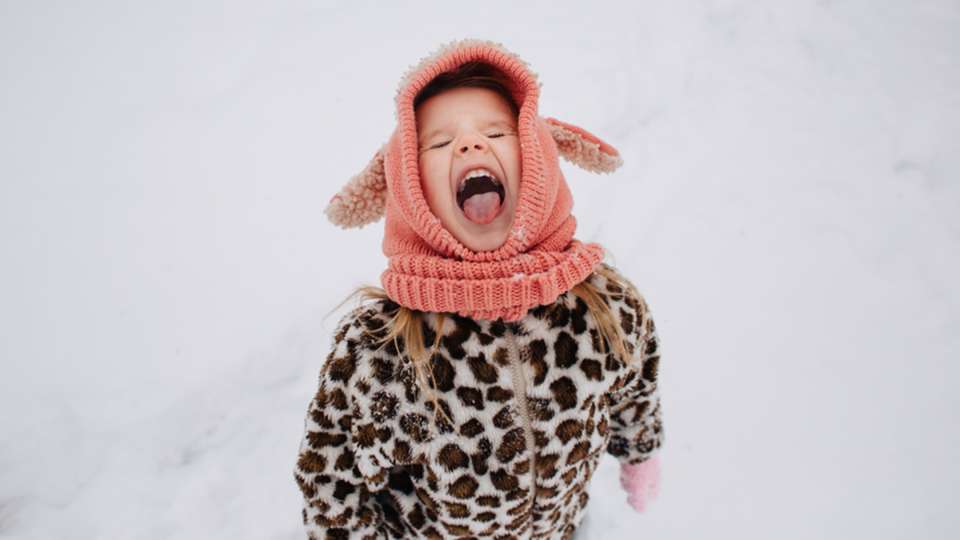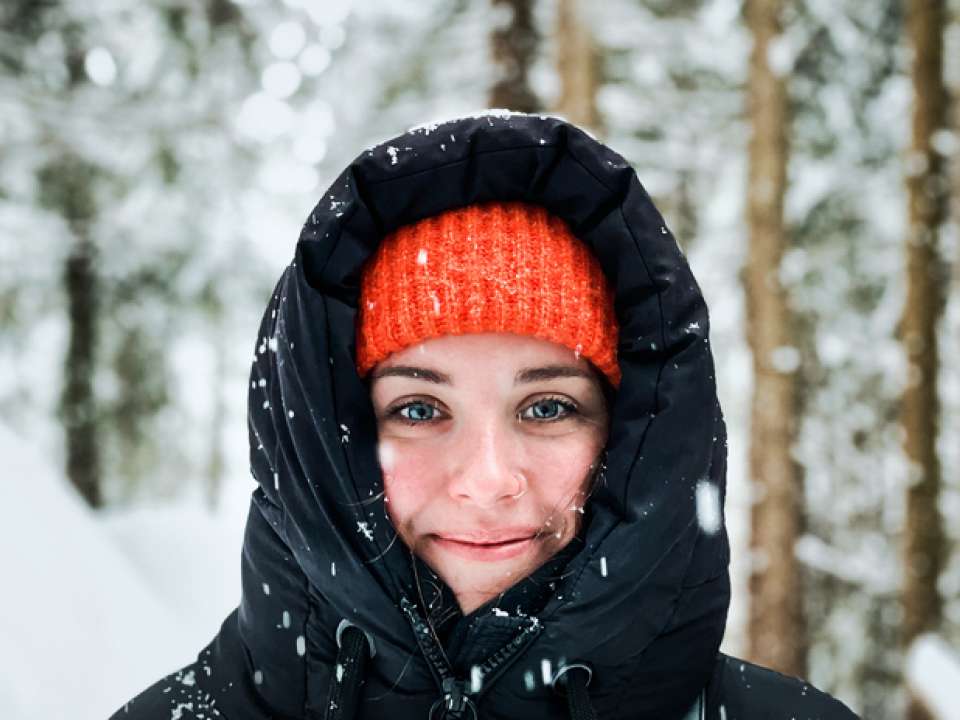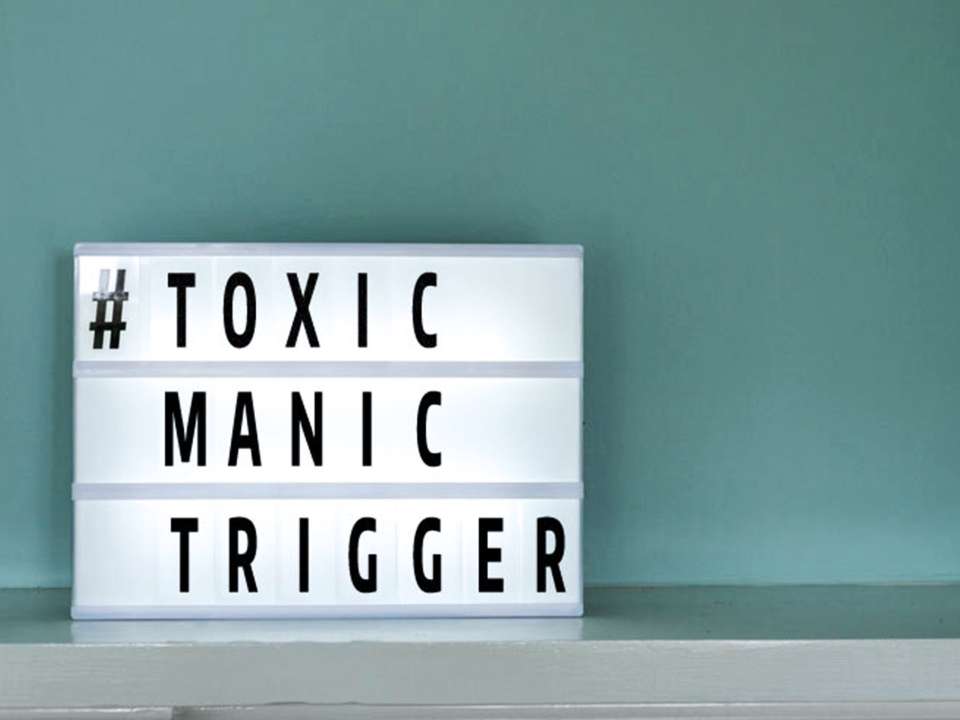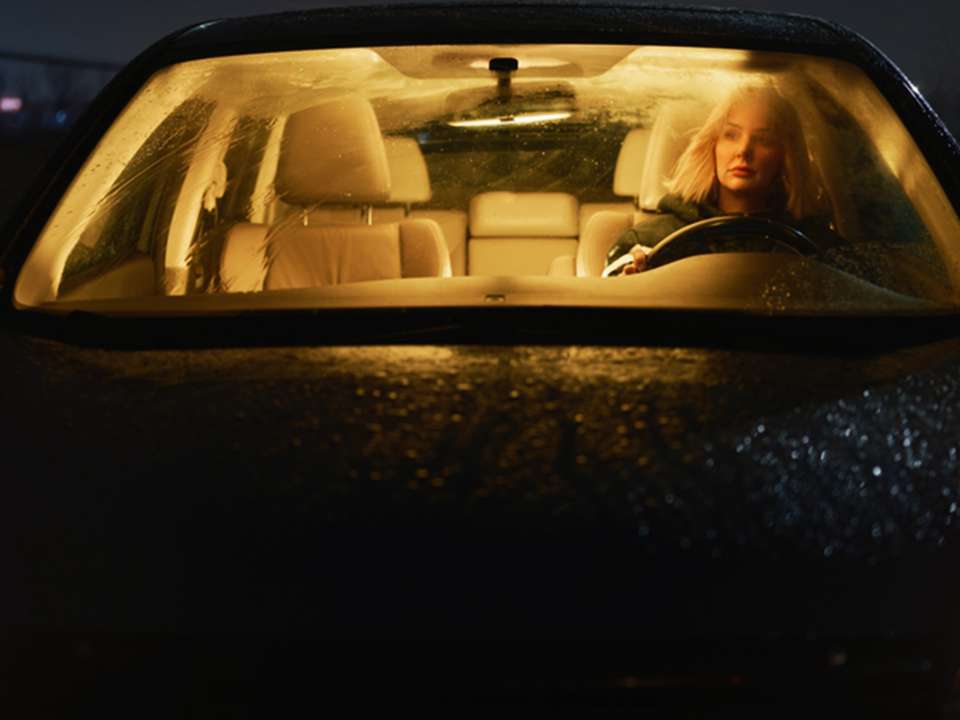
Seattle is full of great things: Mountain vistas, a moderate climate, a plethora of unique coffee shops. But, as anyone who has lived through the 2010 snowpocalypse or the 2012 snow and ice storm knows, dealing with winter weather is not one of our strong suits.
Whether or not we are actually “snow wimps,” (thanks, LA Times), it’s true we tend to, er, slip up when it comes to handling snow in the city. So if even the faintest flurry makes you feel faint, you aren’t alone.
“Seattle shuts down, everyone knows that,” says Kari Stephens, Ph.D., a clinical psychologist with the University of Washington's psychiatry and behavioral sciences department. “There are real repercussions even when there is not that much snow because we’re not resourced to clear roads in any kind of systematic and comprehensive way.”
The knowledge that Seattle’s hills, poor snow management and potential transit snafus will make things tricky creates a kind of placebo effect, Stephens says: We expect disruption, so when it happens—even on a minor scale—we get stressed. There are small things you can do to help prevent that from happening, though.
Don’t let snow woes leave you out in the cold
First, if you see snow in the forecast, make preparations ahead of time—as in, a day or several days before, not the morning of, says Stephens. Plan alternate transportation routes or methods, decide what you and your family will do if school is out, and make sure you have extra supplies and can cope with a potential power outage.
If you’re still feeling anxious when flakes start to fall, it can help to figure out what kind of anxiety response you have, Stephens says. Most people fall into one of three categories: fight, flight or freeze.
Does snow irritate you? Do you find yourself growing angry instead of gleeful at the thought of a snow day?
Then your stress response is probably fight. When you start feeling this way, Stephens recommends taking a few minutes to relax by doing something you enjoy, even something as small as making a cup of coffee or scrolling through your Instagram feed. Don’t judge yourself for getting upset; instead, focus on breathing in and out and letting your tension fade.
If instead the sight of snow makes you want to scurry into a warm, cozy place and hibernate until spring, your anxiety response is flight.
Instead of hiding or isolating yourself, Stephens says it’s more helpful to exercise and get your blood flowing for a few minutes. Go outside if it’s not too miserable. Take a few moments to do an activity you enjoy and really focus on it, or try a short meditation or mindfulness practice.
And if your anxiety response is to freeze in uncertainty? It’s even more important to move around and ground yourself back in your body, Stephens says.
But what about driving in snow?
If you can avoid driving in snow, do. If you can’t, it’s good to be extra cautious, but you don’t have to get anxious. Controlling your breathing can help you calm down if you notice you’re getting nervous behind the wheel. Here’s what Stephens recommends: First, focus your mind away from racing thoughts. Bring your attention into your body, breathe through your nose out through your mouth and move your belly.
“Practice this kind of breathing beforehand so you learn it and so it becomes something like muscle memory,” Stephens says.
And if that doesn’t help, find a safe place to pull over and take a few minutes to calm down. Chances are someone else on the road is doing the same thing.
The bottom line? If you’re prepared for snow, you won’t get as stressed. Maybe you’ll even look outside, warm coffee in hand, and be reminded of how exciting snow was when you were a kid—and how beautiful it can still be.

 Healthy ideas for your inbox
Healthy ideas for your inbox





